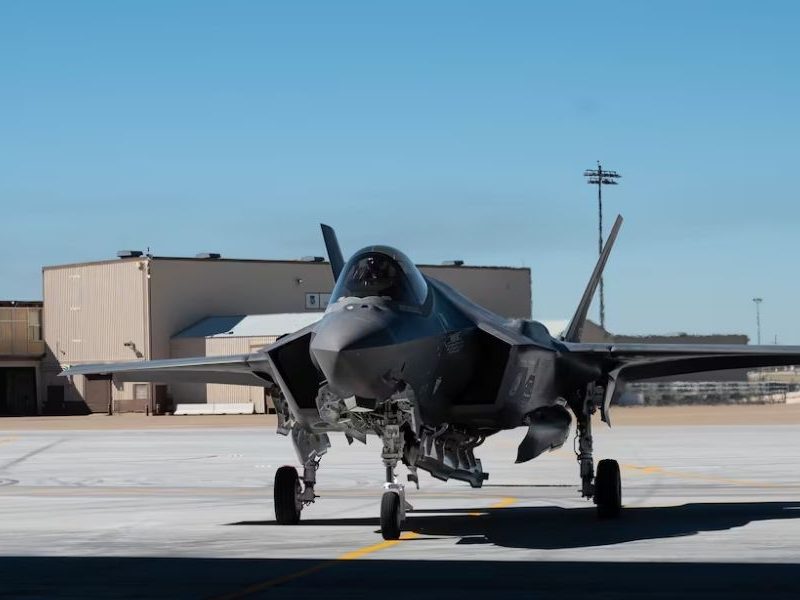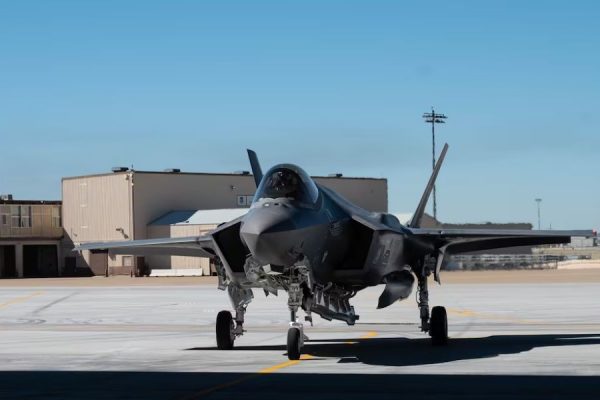WASHINGTON: President Donald Trump has revoked a Biden-era policy that allowed transgender individuals to serve in the military. The policy, enacted in 2021 by former President Joe Biden, permitted all capable Americans to serve their nation in uniform.
Trump’s recent executive orders include rescinding the 2021 ruling. This marks a reversal to his first-term stance when he similarly banned transgender service members.
Policy Aimed at Reversing Inclusivity Efforts
Biden’s original directive allowed recruitment and service by qualified transgender people without discrimination. Trump’s decision eliminates this inclusivity effort.
During Trump’s first presidency, he also prohibited transgender individuals from joining the armed forces. His earlier decision faced significant criticism from civil rights groups and military organizations.
Transgender Service Members Now in Uncertain Situations
Currently, between 9,000 and 14,000 transgender individuals serve in the U.S. military. These individuals’ futures remain unclear as this new ban unfolds.
Civil Rights Advocates Criticize Decision
Several human rights groups have called Trump’s action discriminatory. Many view it as a step backward for diversity and inclusion in the armed forces.
Organizations argue the policy undermines qualified individuals who wish to serve their country. They warn this action could harm the morale and cohesion within military ranks.
Supporters Applaud “Policy Clarity”
Supporters of the ban claim it restores policy clarity and operational readiness in military forces. They argue that this measure prioritizes mission readiness over individual preferences.
Legal Challenges Likely on the Horizon
Several legal experts predict potential lawsuits challenging the policy’s constitutionality. Courts previously blocked parts of Trump’s earlier bans, creating precedents for opposition.
As debates continue, many await further guidance from the Pentagon. For now, transgender service members face an uncertain road ahead.
Military Recruitment Potentially Affected
Policy shifts might affect military recruitment efforts amid current challenges in maintaining personnel levels. Experts argue this ban could deter qualified applicants.
The implications of this decision could extend far beyond the military. It also touches upon broader societal issues about inclusion, equality, and individual rights. Observers predict that public and political debates will intensify as developments unfold.












